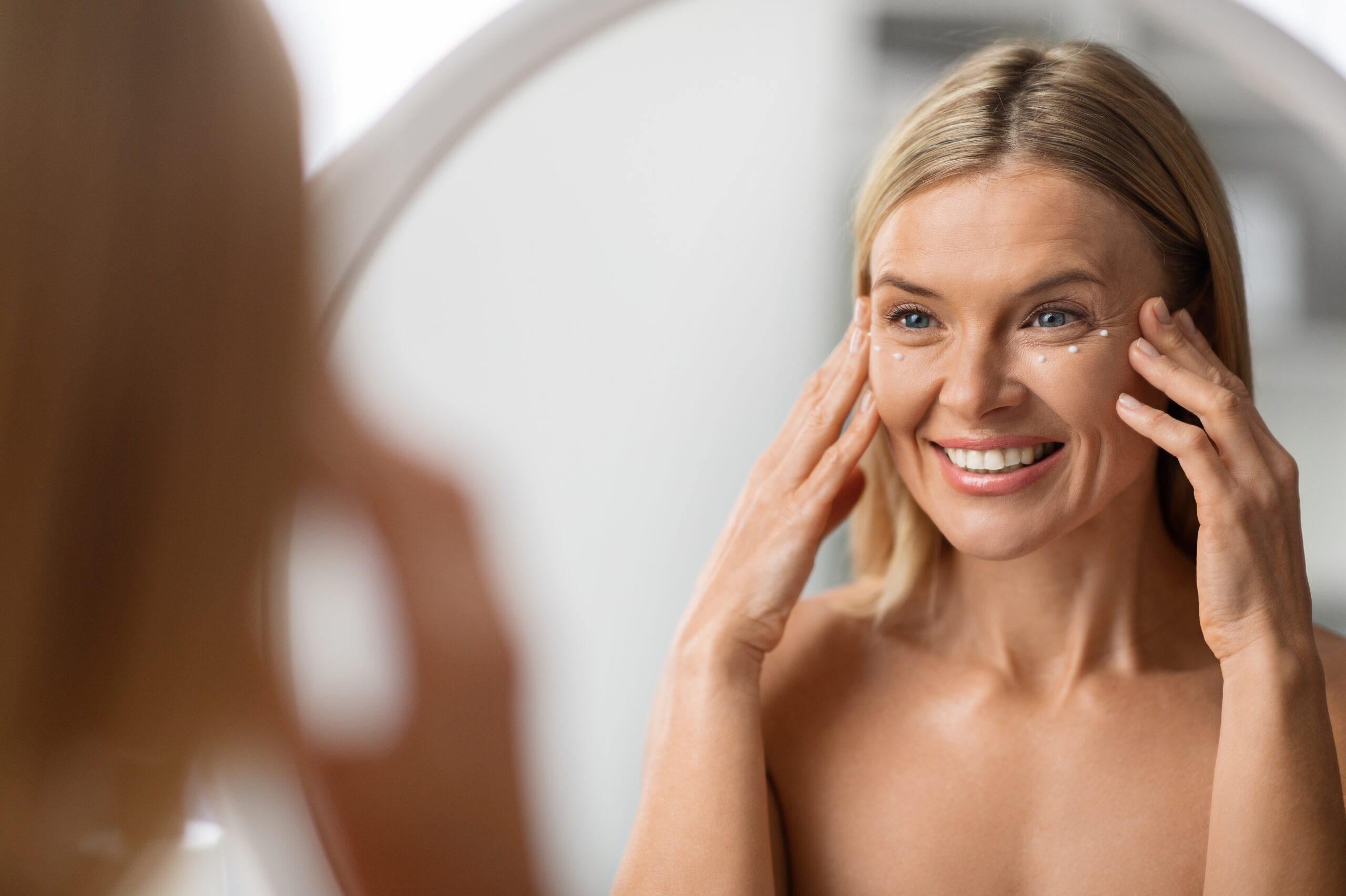There are an innumerable amount of skincare issues you may struggle with, and from rosacea to eczema they all deserve attention. However, while some of these concerns are naturally occurring, other problems that may arise on your complexion could, in fact, stem from your diet. More specifically: the consumption of processed foods. While undeniably delicious, processed foods such as chips, desserts, and frozen meals are loaded with ingredients that do very little to serve your body, and even less to improve your complexion. But with processed foods comes one skin issue in particular, so we checked in with board-certified plastic surgeon, Dr. Michael Horn to determine if your complexion may be impacted by your diet, and what exactly you can do about it.


The Condition: Premature Aging
A highly processed diet is oftentimes packed with sugars and refined carbs which have been known to not only lead to weight gain, but also target and reduce collagen production in your body as well. Therefore, regularly consuming these foods may have a profound impact on both your overall health, and the rate at which your skin shows its age. “Excess sugar in the diet, which often comes from highly refined grains and sugars in processed foods, can encourage the degradation of collagen and elastin in your skin,” explains Horn. “This leads to a loss of firmness, loss of elasticity, and an onslaught of premature sagging and wrinkles.”
You may be following a solid skincare routine complete with SPF and retinol, but if your diet is poor and highly processed, it’s more than likely your skin will begin to display sagging and wrinkles much earlier than you may like. Not only this, but the sugar in processed foods may also cause acne and inflammation in the skin, severely impacting your appearance. “A diet that consists of highly processed food, ready meals, and refined carbohydrates can over time cause mild inflammation in the body and aggravate skin problems such as acne,” notes Horn.
It may come as a relief that simply cutting out processed foods can help to turn back the clock on these developments, but Horn emphasizes that you must replace the less healthy ingredients with whole fruits, vegetables, and carbohydrates that will allow your skin to repair. In fact, a nutrient dense, whole food diet can actually help to fight off signs of aging, improving your overall wellness and the elasticity of your skin. “Exposure to UV rays promotes the formation of free radicals which can cause damage to components of our skin that give it its structure and firmness such as elastin and collagen,” Horn explains. “Eating antioxidant-rich foods, such as colorful fruit and vegetables, helps to fight free radicals and some studies have shown that they can help improve skin texture.”
Taking care of your skin is about so much more than simply wearing sunscreen and applying your retinol—it’s a holistic concept that encapsulates your diet as well, and heavily relying on processed foods in the day to day is sure to reflect on your complexion over time. It’s unlikely that you want to develop wrinkles any earlier than you have to, so cutting sugar and refined carb-heavy foods from your eating habits can make all the difference in maintaining collagen production and keeping fine lines at bay for a naturally smoother complexion. While your diet may not be able to fully keep you from ever showing your age, it can certainly help to slow things down.


























